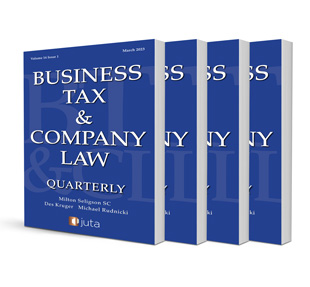The Effects of Tax Expenditures on Economic Growth in the Common Monetary Area of Southern Africa

The Effects of Tax Expenditures on Economic Growth in the Common Monetary Area of Southern Africa
Author: Ziyanda Dlamini
ISSN: 2709-8575
Affiliations: MSc in Applied Economics, BA in Social Science obtained from the University of Eswatini; Former Economic Analyst at the Eswatini Revenue Service; currently, Economist at the Central Bank of Eswatini, Research Department
Source: African Multidisciplinary Tax Journal, Volume 5, Issue 1 (2025), p. 177–193
https://doi.org/10.47348/AMTJ/V5/i1a8
Abstract
In order to accomplish various macroeconomic goals, including a low unemployment rate, an improvement in balance of payments and enhanced economic growth, numerous countries have employed tax expenditures as one of their fiscal policy instruments over the years. This study examined the effects of tax expenditures on economic growth in the Common Monetary Area (CMA) of Southern Africa from 1985 to 2021. The study focused on the countries with monetary policies that are interlinked with that of South Africa. Tax expenditures, government expenditure, gross capital formation and inflation, and exports and imports data were used. Three models were used in the analysis and the Lagrange Multiplier test indicated that the suitable model was the pooled OLS over the random effects and fixed effects models. The empirical analysis of the research used the pooled OLS model to determine the relationship between the variables. The findings show a positive and significant effect of tax expenditures on economic growth and further suggest that economic growth in the CMA is positively influenced by gross capital formation, inflation and exports, while government expenditure and imports have a negative effect on economic growth. The researcher concluded that tax expenditures as a fiscal policy instrument is effective in promoting economic growth. The policy recommendation is that governments should continue with the tax expenditures subventions; in order to strengthen the usefulness of this fiscal instrument, it needs to be reviewed periodically to establish whether the desired goals are being achieved.
